Uncategorized
-
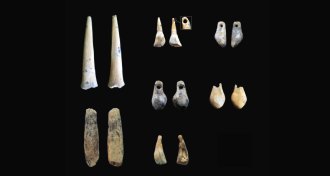 Anthropology
AnthropologyNew dates narrow down when Denisovans and Neandertals crossed paths
Mysterious ancient hominids called Denisovans and their Neandertal cousins periodically occupied the same cave starting around 200,000 years ago.
By Bruce Bower -
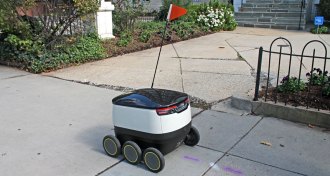 Artificial Intelligence
Artificial IntelligenceA new AI training program helps robots own their ignorance
AI systems struggle to know what they don’t know. Now scientists have created a way to help autonomous machines recognize their blind spots.
-
 Health & Medicine
Health & MedicineChinese ‘tweets’ hint that happiness drops as air pollution rises
A study of more than 210 million social media posts reveals a link between people’s sense of well-being and pollution.
By Sujata Gupta -
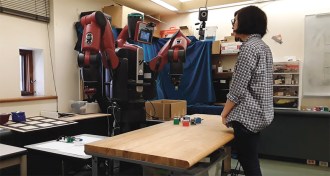 Artificial Intelligence
Artificial IntelligenceThis robot learned not to mess with other people’s stuff
Ownership-respecting robots could soon understand the difference between chucking a Styrofoam cup and someone’s favorite mug.
-
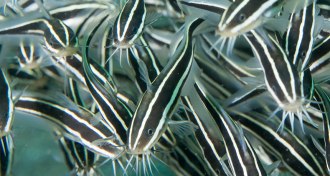 Animals
AnimalsScientists name 66 species as potential biodiversity threats to EU
North America’s fox squirrel, the venomous striped eel catfish and 64 other species are now considered invasive in the European Union.
-
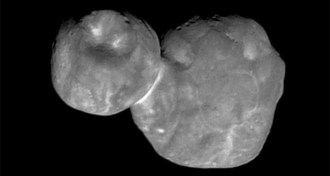 Planetary Science
Planetary ScienceThe latest picture of Ultima Thule reveals a remarkably smooth face
Kuiper Belt object MU69, nicknamed Ultima Thule, is largely unmarred by impact craters, suggesting the Kuiper Belt might lack small objects.
-
 Earth
EarthFive explosive things the 2018 eruption taught us about Kilauea
Kilauea’s 2018 eruption allowed volcanologists a clear window into the processes that have shaped and influenced the world’s most watched volcano.
-
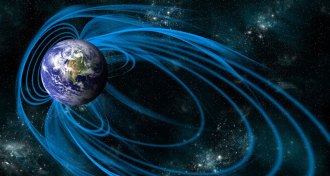 Earth
EarthEarth’s core may have hardened just in time to save its magnetic field
Earth’s inner core began to solidify sometime after 565 million years ago — just in time to prevent the collapse of the planet’s magnetic field, a study finds.
-
 Anthropology
AnthropologyWhy modern javelin throwers hurled Neandertal spears at hay bales
A sporting event with replica weapons suggests that Neandertals’ spears may have been made for throwing, not just stabbing.
By Bruce Bower -
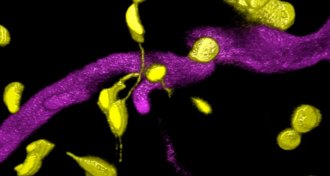 Plants
PlantsHow light-farming chloroplasts morph into defensive warriors
Researchers now know which protein triggers light-harvesting plant chloroplasts to turn into cell defenders when a pathogen attacks.
By Jeremy Rehm -
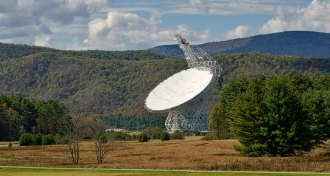 Space
SpaceIt’s time to start taking the search for E.T. seriously, astronomers say
Astronomers are hoping to make looking for alien technology an official science goal of NASA.
-
 Health & Medicine
Health & MedicineReaders have questions about Parkinson’s disease, moth wings and more
Readers had questions about Parkinson’s disease, the new definition of a kilogram’s mass, Saturn’s moon Dione and more.